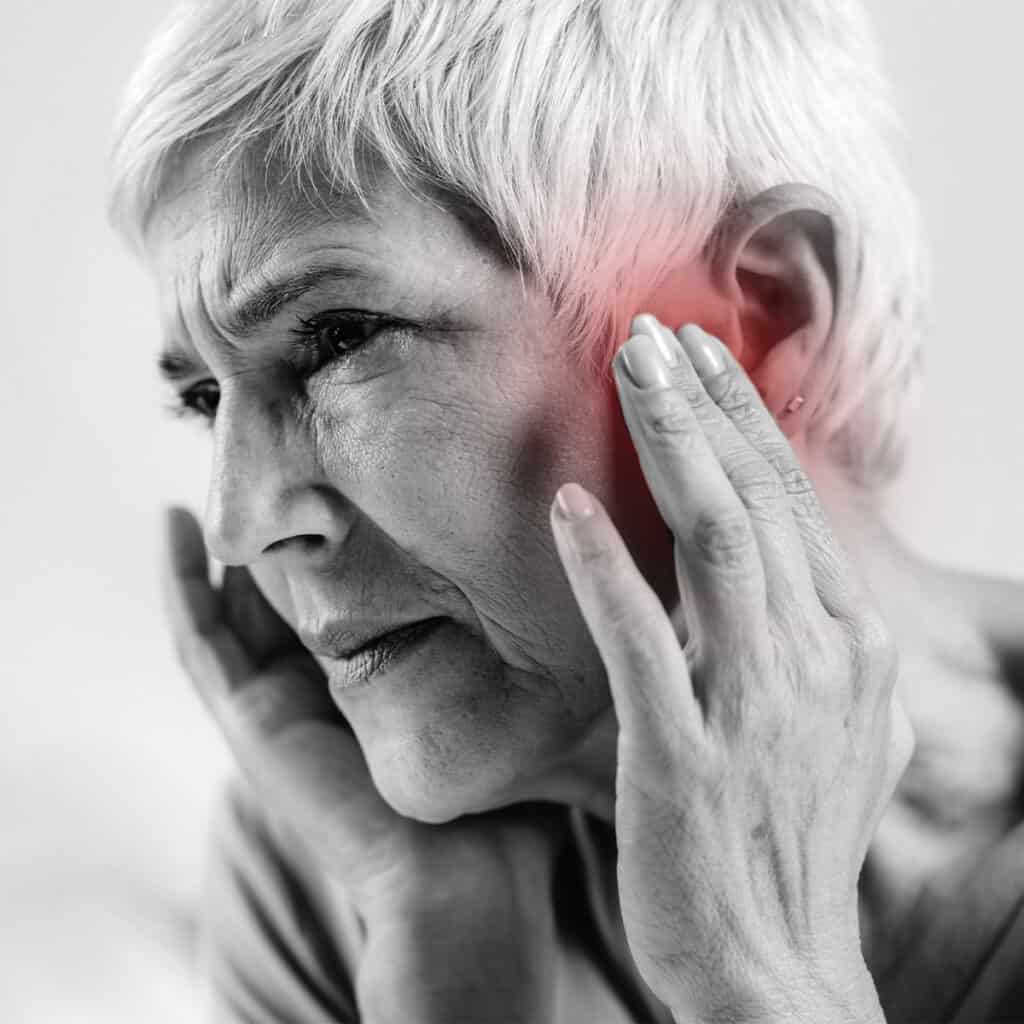Q. I’d like to have my teeth whitened, but I’m nervous because they’re already a bit sensitive to hot and cold. Is it safe for me to try whitening?

A. Yes, it is perfectly safe to whiten healthy teeth, even ones that are temperature sensitive. The process is essentially allowing the teeth to temporarily dehydrate so the active whitening product can go through the enamel into the second layer of the tooth, or dentin. The product works to reverse staining or discoloration, essentially bleaching that second layer. After the treatment, the teeth rehydrate naturally from saliva. This process does not damage the tooth layers or integrity of the tooth, but can sometimes lead to temporary sensitivity in the gums or teeth, which is normal. That’s not a sign of long-term damage, but it can be uncomfortable. If it happens to you, consider taking a break from bleaching or switching to a milder product. Ask your dentist which whitening options are best for you and to ensure your teeth are healthy enough to whiten. Whitening unhealthy teeth with decay or gum disease can cause more discomfort.

Mandy Shearer, DDS
Dentist, Soddy Daisy Smiles
Q. My elderly father has recently been having more trouble with mobility, and I’m worried that he might have a fall. Is there anything I can do to improve the safety of his living situation without sacrificing his independence?
A. Safety is the number one concern cited when it comes to elderly parents living alone. According to Medicare and the Centers for Disease Control and Prevention, one in four seniors aged 65 and older will experience a fall each year, and some of those falls will result in serious injury or death. Fortunately, there are actions you can take to increase safety without sacrificing your father’s independence. First, you should make an appointment with a geriatrician to determine if there is a medical reason for his increased mobility issues. Next, you should have his home evaluated by an occupational therapist for minor adjustments that can be made to increase safety features. For example, bathroom safety enhancements such as grab bars can prevent deadly falls. If after taking these steps you still are not comfortable with your father living alone, it may be time to talk to your father about moving into a senior living campus where safety features are built into the overall design.

Aaron Webb
Founder & CEO, Senior Life Planner
Q. I’ve been considering dental implants, but my dentist told me that my jawbone has deteriorated and I might not be a good candidate. Is there anything that can be done to help me?
A. Jawbone deterioration is an expected outcome of extractions, particularly when teeth are not replaced. However, there are things that can be done to decrease the bone loss and even rebuild it. At the time of extraction, grafts are added that slow this process, but without dental implants stimulating the bone, these results are often temporary. Rebuilding the bone may involve a bigger surgery that is less predictable than grafting at the time of extraction.
Historically, this involved using bone from somewhere else in your body. Fortunately, many new advances in biomaterials and techniques have replaced the need for harvesting in most cases. With new techniques and advancements in membranes, bone graft materials, soft tissue replacements and biologics, bone can more predictably be replaced in almost all patients.

Brandon Stanley, DMD, FACS
Oral & Maxillofacial Surgeon, Implants & Oral Surgery of Chattanooga
Q. I’ve been dealing with tinnitus for quite some time now, and a friend of mine recently mentioned that hearing aids can help. How does that work?

A. Tinnitus can be described as a ringing or buzzing in one’s ears. Tinnitus is subjective, which means the one suffering from it can hear it, but others cannot. There are many possible causes for tinnitus such as loud noise exposure, aging, and/or health issues. It is not uncommon for an individual suffering from tinnitus to also experience some degree of hearing loss. When one is treated for hearing loss with hearing aids, this can also have a positive effect on their tinnitus. Hearing aids can mask tinnitus by retraining the brain to focus on better hearing and the introduction of sound therapy. If someone is experiencing sounds of tinnitus, they need to seek the advice of a hearing professional.

Cheryl Ward, BC-HIS
Hearing Instrument Specialist, Audiology Services of Chattanooga
Q. My husband is a veteran who suffers from PTSD. He has trouble opening up and hasn’t been able to fully heal from his past experiences. Is there anything else we can try that might be able to help him?

A. Ketamine-assisted psychotherapy is a nontraditional route of therapy that has been shown to have a rapid and robust effect in treating PTSD. When administered intravenously by a trained provider in a therapeutic setting, ketamine causes a cascade of events in the brain that result in new growth of neural networks, or neuroplasticity. This neuroplasticity can set the stage for greater receptivity to psychotherapy, serving as a catalyst for effective therapy. Combining psychotherapy with ketamine infusions is seen as a ‘wet cement’ moment; ketamine softens the psychological barricades and, with the guidance of an experienced therapist, allows traumatic memories to finally be processed. At Revitalist, we have licensed therapists that are experts in this unique field. They find this work so rewarding because, over a period of just two to three weeks, they can dive right into helping clients work through traumas with significant long-term success, which is unheard of in traditional trauma therapy.

Cara Fisk, CRNA
Clinic Lead, Revitalist Chattanooga




